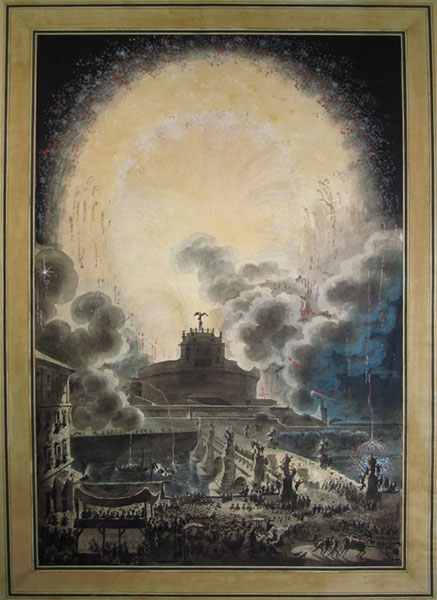PSICANÁLISE NA EDUCAÇÃO: UMA EXPERIÊNCIA DE DESLIZAMENTO DE COMPORTAMENTOS
Palavras-chave:
Inconsciente, Grupo, Tomada de consciência, Sofrimento.Resumo
Diante das novas concepções relativas ao paradigma da comunicação, concepções esperadas e necessárias na educação atual, encontramos professoras que, em sua prática, tem dificuldades de escutar o que o aluno lhe demanda Essas professoras foram construídas em meio a um discurso educacional opressor da mulher, que as coloca numa posição de passividade e infantilidade, postura esta que elas mantém em seus alunos. Este artigo nos traz uma experiência de mudança de postura das professoras situadas em uma escola específica a partir de um trabalho baseado na escuta e referencial da psicanálise. A partir dele propomos uma reflexão do trabalho psicanalítico no meio educacional, não como promotor da mudança de posição da mulher professora e oprimida, mas como possibilitador do deslizamento de sofrimentos que impedem uma prática mais gratificante para professores e alunos, tanto em relação às aprendizagens, como nas relações sociais na escola.
Downloads
Downloads
Publicado
Como Citar
Edição
Seção
Licença
Copyright (c) 2007 Autores mantêm os direitos autorais e concedem à revista o direito de primeira publicação, com o trabalho simultaneamente licenciado sob CC-BY-NC-SA 4.0 que permite o compartilhamento do trabalho com indicação da autoria e publicação inicial nesta revista

Este trabalho está licenciado sob uma licença Creative Commons Attribution-NonCommercial-ShareAlike 4.0 International License.
Aviso de Direito Autoral Creative Commons
Política para Periódicos de Acesso Livre
Autores que publicam nesta revista concordam com os seguintes termos:
1. Autores mantêm os direitos autorais e concedem à revista o direito de primeira publicação, com o trabalho simultaneamente licenciado sob a Licença Creative Commons Attribution que permite o compartilhamento do trabalho com reconhecimento da autoria e publicação inicial nesta revista.
2. Autores têm autorização para assumir contratos adicionais separadamente, para distribuição não-exclusiva da versão do trabalho publicada nesta revista (ex.: publicar em repositório institucional ou como capítulo de livro), com reconhecimento de autoria e publicação inicial nesta revista.
3. Autores têm permissão e são estimulados a publicar e distribuir seu trabalho online (ex.: em repositórios institucionais ou na sua página pessoal) a qualquer ponto antes ou durante o processo editorial, já que isso pode gerar alterações produtivas, bem como aumentar o impacto e a citação do trabalho publicado (Veja O Efeito do Acesso Livre).
Licença Creative Commons
Esta obra está licenciada com uma Licença Creative Commons Atribuição-NãoComercial-CompartilhaIgual 4.0 Internacional, o que permite compartilhar, copiar, distribuir, exibir, reproduzir, a totalidade ou partes desde que não tenha objetivo comercial e sejam citados os autores e a fonte.



